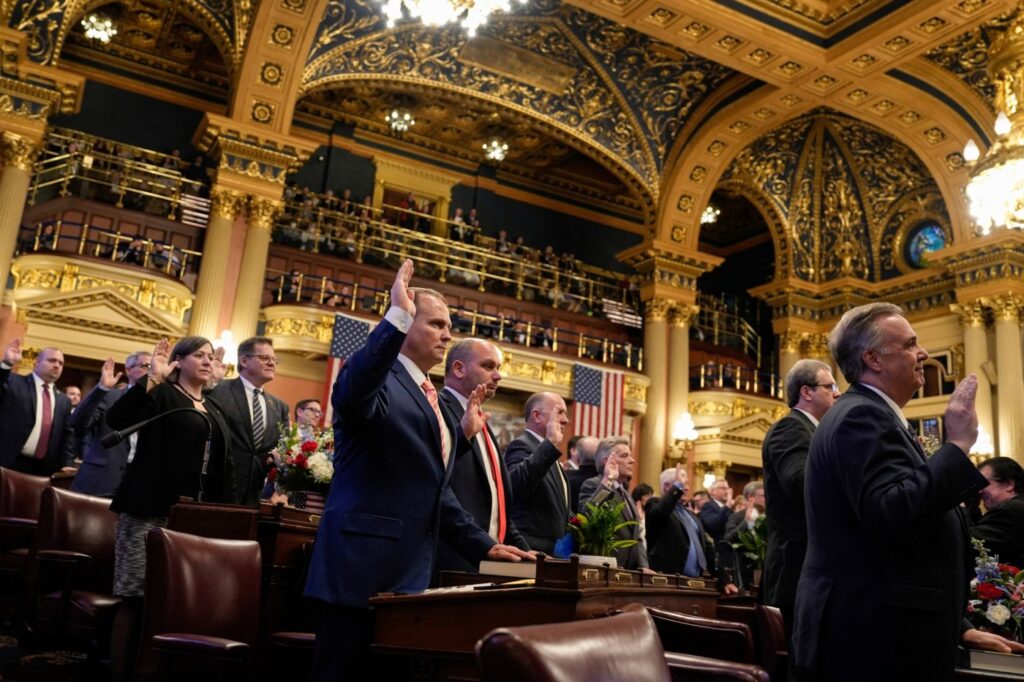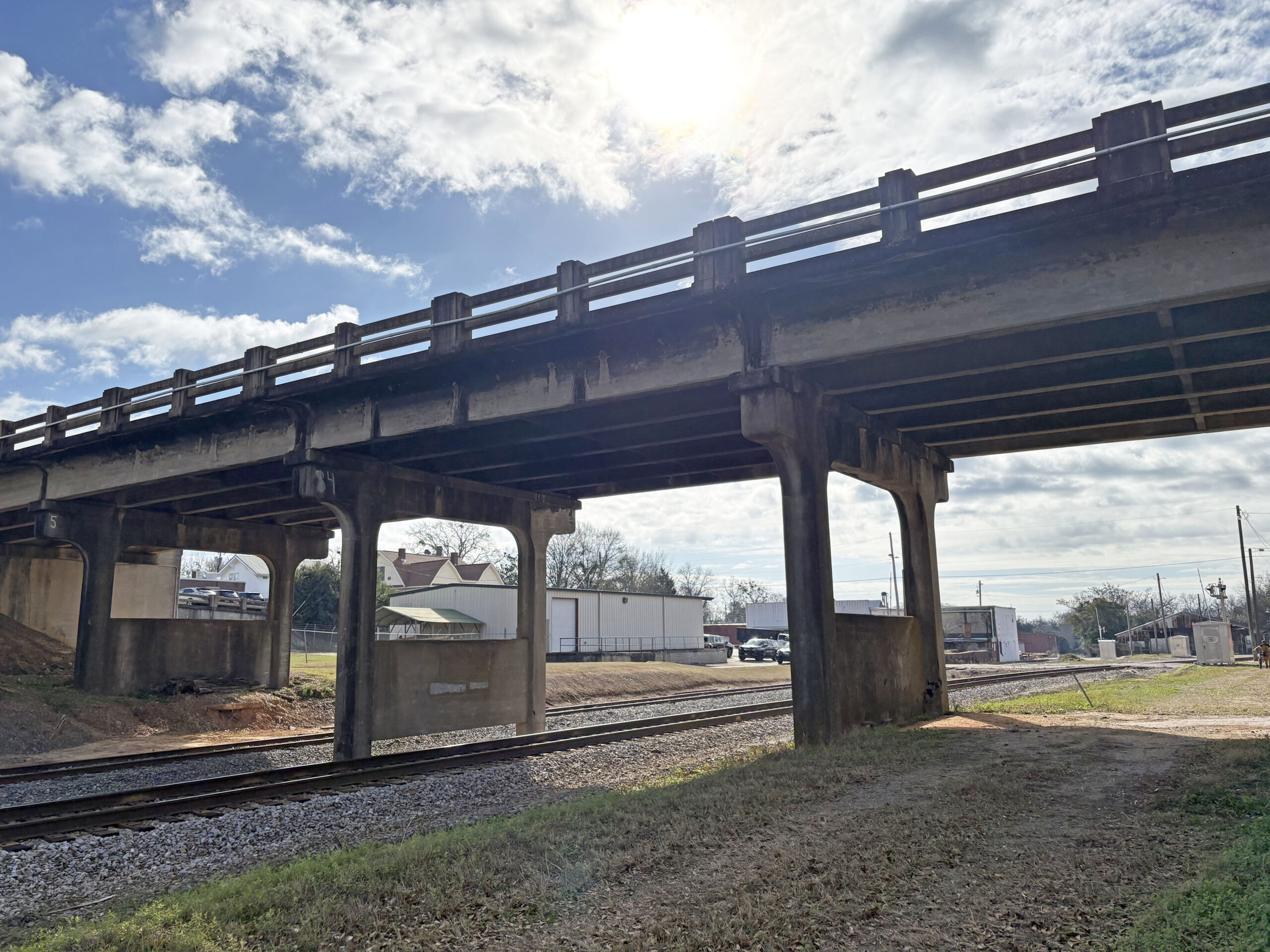
The ongoing budget impasse in Pennsylvania has reached a critical point, as lawmakers continue to draw their salaries while many citizens face financial uncertainty. The situation has prompted renewed calls for the passage of ‘no budget, no pay’ legislation, which would suspend pay for state officials during budget stalemates.
In a landmark ruling in 2009, the Pennsylvania Supreme Court determined that the federal Fair Labor Standards Act took precedence over the state Constitution. This ruling mandates that state employees continue to receive their pay, regardless of whether the General Assembly has approved a budget. While the decision may be legally sound, its practical implications have raised concerns about the incentives for lawmakers to reach budget agreements.
As of now, the state has been in a budget deadlock for over 115 days. Local governments are struggling to maintain essential services, relying on promised payments from the state that have yet to materialize. Nonprofit organizations providing crucial services, such as pre-K education and support for victims of domestic violence, are also facing significant funding challenges. Meanwhile, public school districts are trying to cope without millions in state subsidies.
Despite these pressing issues, the financial struggles of lawmakers appear to be minimal. Most members of the General Assembly, who earn a minimum of $110,000 annually, continue to receive their salaries. Earlier this summer, only 10 members from the 203-member House of Representatives opted to pause their paychecks during the impasse. This means that approximately 96% of lawmakers have chosen to maintain their financial benefits, even as their constituents grapple with the ramifications of the budget standoff.
The lack of direct financial consequences for lawmakers raises questions about their commitment to resolving budget disputes. Historically, there was a system in place where lawmakers would not receive pay if they failed to negotiate a budget. The 2009 ruling has effectively eliminated this check, leading to a perception that lawmakers may be less inclined to work toward bipartisan agreements.
In response to growing frustration among constituents, bipartisan efforts are underway to address this issue. House Bill 1682, co-sponsored by Representatives Jim Haddock (D-118) and Brenda Pugh (R-120), aims to suspend the pay of the governor, lieutenant governor, and members of the General Assembly during a budget impasse. The bill was sent to the Appropriations Committee in June and has yet to be brought to the floor for a vote.
The increasing frequency of budget impasses in Pennsylvania underscores the need for lawmakers to consider the financial implications of their inaction. As citizens face difficulties during these challenging times, good governance requires that lawmakers share in the economic hardships experienced by their constituents. While the Supreme Court ruling may be based on sound legal principles, implementing a ‘no budget, no pay’ policy is a necessary step toward restoring accountability and fostering a sense of urgency in the budget negotiation process.





